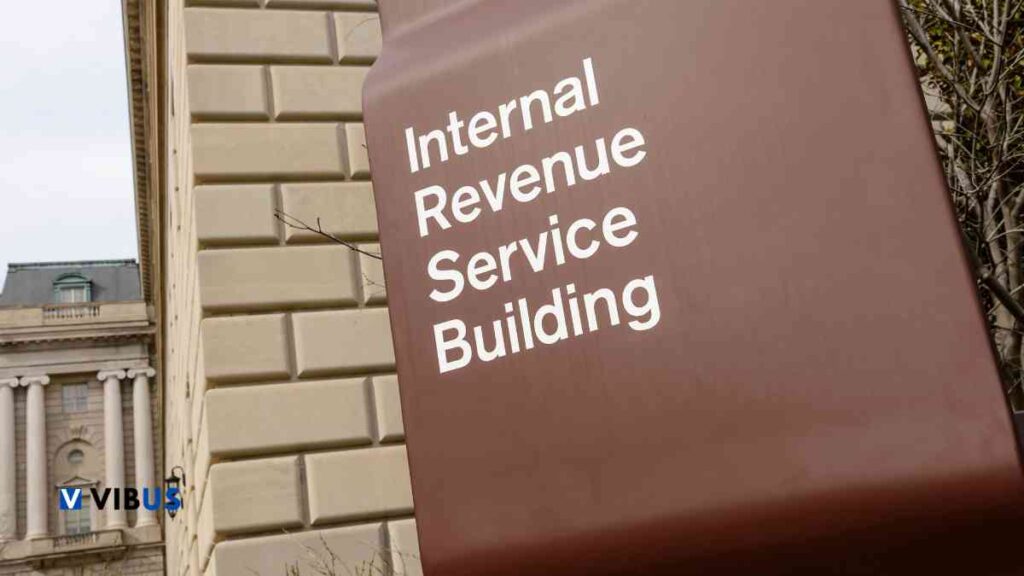If you’re among the millions of Americans managing your own income, it’s crucial to be aware of your tax obligations. You might owe a significant payment to the IRS, and failing to meet this requirement can impact your finances in April and subject you to substantial financial penalties.
The rise of freelancing and entrepreneurship in the United States has led to more people needing to make quarterly payments to the IRS. These payments are vital for those whose income isn’t subject to the standard withholding that typically occurs in regular employment. If you identify with this group, remember the upcoming June 17 deadline for your next tax payment.
How do IRS quarterly estimated payments work?
The U.S. tax system is based on a “pay-as-you-go” principle, meaning you need to pay taxes as you earn income throughout the year. For those without an employer withholding taxes regularly, it’s necessary to make estimated quarterly payments to avoid penalties or unexpected fees when tax season arrives in April.
Neglecting to make these quarterly payments can result in significant costs. Since 2022, the penalties for missing these payments have increased considerably due to higher interest rates set by the Federal Reserve. Currently, the IRS applies an 8% interest rate on underpayments, a sharp rise from the 3% rate in 2021. In 2023, the average penalty for underpayment was $500 per person, which is a substantial increase from previous years.
Freelancers, gig economy workers, and small business owners structured as sole proprietorships, partnerships, or S-corporations must be particularly cautious. If you anticipate that your tax liability will exceed $1,000 by the end of the fiscal year, making quarterly payments is mandatory to avoid non-compliance issues.
Tips for staying current with tax obligations
To avoid costly errors and maintain peace of mind, it’s crucial to keep track of your tax requirements regularly and communicate effectively with your tax advisor. Being well-informed and making timely payments will not only save you money but also prevent future concerns.
- Stay organized: Keep thorough records of your income and expenses throughout the year. Use accounting software or apps designed for freelancers and small businesses to track your earnings and calculate estimated tax payments accurately.
- Set aside money: Regularly set aside a portion of your income for tax payments. Many freelancers find it helpful to open a separate savings account specifically for tax savings, ensuring that they have the funds available when quarterly payments are due.
- Understand tax deductions: Familiarize yourself with common tax deductions available to freelancers and small business owners. Expenses such as home office costs, business supplies, and professional services can reduce your taxable income, potentially lowering your quarterly payments.
- Seek professional advice: Consider hiring a tax professional or accountant who specializes in working with self-employed individuals. They can provide personalized advice, help you navigate complex tax rules, and ensure that you are making accurate quarterly payments.
- Plan for changes: If your income fluctuates significantly throughout the year, adjust your estimated payments accordingly. Underpaying or overpaying taxes can lead to penalties or cash flow issues, so it’s essential to update your calculations based on your current earnings.
By staying on top of these tax responsibilities, you ensure compliance with IRS regulations and manage your personal and business finances effectively. Proper planning and adhering to payment schedules will help you avoid unpleasant surprises and ensure the financial stability of your business or venture.
Regularly reviewing your financial situation and seeking expert advice will empower you to make informed decisions, allowing you to focus on growing your business without the constant worry of tax issues. Remember, the key to successful financial management is proactive planning and staying informed about your obligations.
